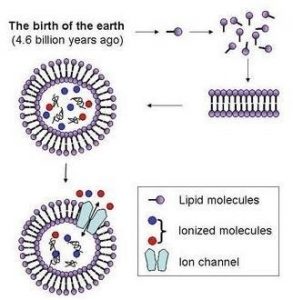 A Short Course in Ion Channels: What you need to know
A Short Course in Ion Channels: What you need to know
Ion channels are pore-forming membrane proteins that allow the passive transport of ions through the hydrophobic core of virtually all living cell’s membranes. They are special enzymes that catalyze the ion transport at high speed, with exquisite specificity and under very tight regulation. When ions flow down their transmembrane an electrochemical gradient changes the net charge of a cell and thereby changes its membrane voltage, which ultimately controls responses specific to cellular context.
Their Physiological Roles
Ion channels are fundamental to cellular existence—from simple bacteria to highly specialized neurons. In unicellular organisms, ion channels help maintain the volume, the homeostasis of inorganic ions, and the generation of Ca2+ transients—which are important in many cellular events, including secretion, gene expression and cell division. In multicellular organisms, ion channels play much more sophisticated roles and are essential to generating electrical signals. These electrical signals and the resulting intracellular Ca2+ transients transmit information among cells and tissues over long distance with high speed and fidelity, tightly coordinating distant cellular functions. Ion channels are important in many physiological processes, including muscle contraction, hormone secretion, sensation, and mental processes. If an ion channel function goes wrong, serious consequences can arise, including life-threatening diseases, such as epilepsy, cardiac arrhythmia, hypertension, cystic fibrosis, diabetes and cancer.
